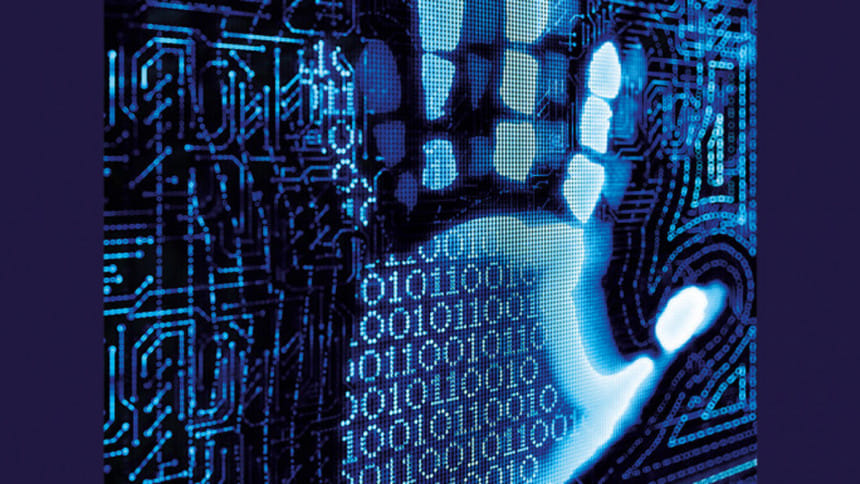The Evidence Act, 1872: “digital” amendment already obsolete?

The much-anticipated amendment of the Evidence Act, 1872 was put into effect on 20 November 2022. The amendment brought digital and electronic records into the fold. It also made forensic evidence admissible under sections 3(3), 45, 45A, 73B, and 89A. The controversial provision of "character evidence" was also done away with. These changes are welcome. However, the real question is whether the amendment is really as "up-to-date" or as effective as the legislature might believe it is. Let us evaluate how impactful this amendment will be, in the wake of 2023.
The first thing to mention is that digital content had already been used in the trial as evidence in certain circumstances, even before this amendment. For example, in State v Qamrul Islam & Others (2017), it was held that video footage is to be considered as a "document", under the meaning of section 2 of the 1872 Act. A similar court ruling in Biswajit Murder Case (2018) declared video footage, and still photographs as admissible evidence. Moreover, in Rifat Murder Case (2020), CCTV footage was used in the trial as substantial evidence that helped in identifying and convicting the accused.
Considering these facts, the inclusion of a specialist section, as opposed to a generalised one, leaves much to be desired. The definition clause of "digital evidence" in section 3 of the Act specifically picks certain existing technologies as the namesake. If we consider the exponential innovation of technology in recent years, it is very likely that the way we perceive, and store information will advance, making much of the current technology obsolete. That could create the need for further amending of the law in the very near future.
The use of forensic evidence has been a fact in our courts, for a fairly long time. The new section 3(3) includes blood, semen, hair, organs, DNA, fingerprints, eye impression as forensic evidence. This will hopefully remove any doubts and confusion, if there still were any, as to their admissibility in court. However, the specific nature of the provision brings valid criticism, in that it may as well prevent the admissibility of newer types of emerging forensic technologies that are not yet in widespread use but will be available soon; for example, "proteomics" and "molecular profiling", to name a few.
Secondly, the amendment has removed the much controversial "character evidence". Section 146(3) has been amended, making questions about a rape victim's character possible only with the court's permission. Such wide discretion of the judge allows a certain bias of the judge to play a dangerous role. In addition, section 155(4), which allowed for the credit of a witness to be impeached, based on "immoral character", has been completely omitted.
Although the omission is certainly worthy of praise, only time will tell how much effective it really is. Experts suspect that the changes brought in the "character evidence" provisions will not be enough. That is because character evidence can still be produced in court, bypassing section 155(4), through section 11. Under section 11(1), facts not otherwise relevant are relevant if they conflict with any fact-in-issue or relevant fact. The section can easily be interpreted by clever lawyers into allowing any facts regarding a victim's character. Thus, the high threshold placed in section 146(3) can be rendered useless by this loophole. The interesting thing is the exact same situation took place in India after its Evidence Act was amended. Character evidence continued to haunt the process of the courts in this way. There is no reason to believe that Bangladesh will not meet a similar fate.
However, this amendment is not all doom and gloom. Despite its many flaws, the amendment has succeeded in removing any vagueness and confusion that existed in the courts in admitting digital and forensic evidence. This will certainly help in speeding up the court process. But the amendment is unlikely to impact our evidence system in any major, meaningful way. Hopefully, the government notices these flaws, and fix them in due time.
The writer is a Student of Law, University of Dhaka.

 For all latest news, follow The Daily Star's Google News channel.
For all latest news, follow The Daily Star's Google News channel. 



Comments